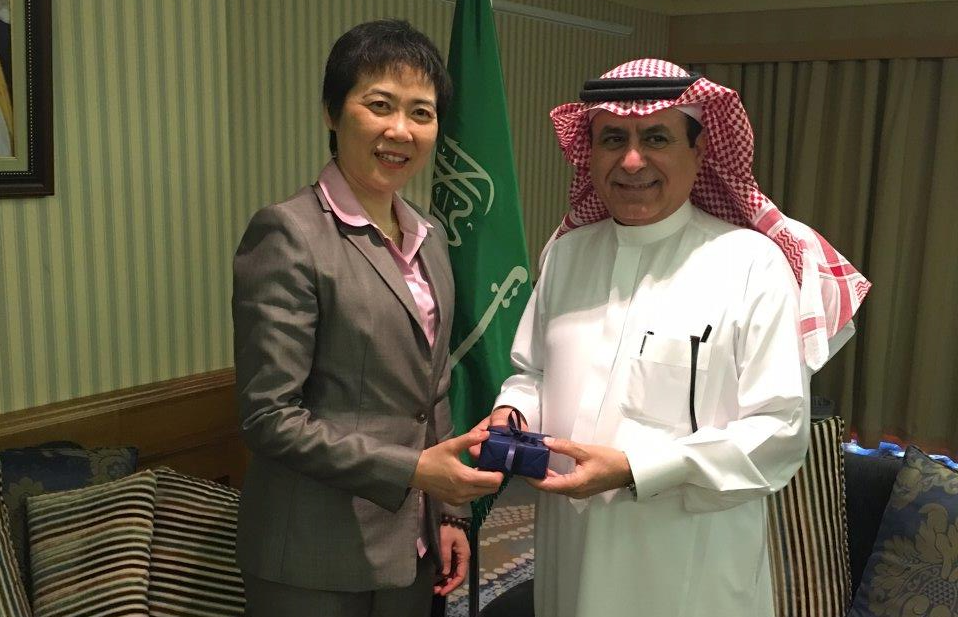Pointing to traffic growth and high levels of safety compliance in some States, ICAO’s Secretary General told delegates at the Arab Civil Aviation Commission (ACAC)’s 23rd General Assembly that the Middle East Region is poised to demonstrate leadership in sustainable aviation, provided a regional approach to safety is developed and enhanced.
“Effective implementation of ICAO’s Standards and Recommended Practices (SARPs) leads to safer and more secure local air transport, which in turn fosters increased connectivity and greater prosperity for States. The Middle East Region is no exception to this dynamic, and safer and more secure air transport services still have a more significant role to play in helping your States to eradicate poverty, fight inequality, and build peaceful, inclusive, and resilient societies,” said ICAO Secretary General Dr. Fang Liu.
“In light of your Region’s tremendous recent growth, and the projections for even greater expansion in flight and passenger volumes in the years ahead, the Middle East Region should seek to become a global example of how air transport growth can be effectively managed.”
Dr. Liu highlighted that the sometimes wide variance in States’ safety oversight capacities in the region underscored the importance for a regional approach to the issue. In particular, she stressed that States, ACAC and ICAO should heighten their collaboration to facilitate the implementation of a Regional Safety Oversight Organization (RSOO).
“If we cannot set in place an RSOO mechanism, some States may not be able to develop the human and financial resources needed to correct their differences alone. ICAO recognizes years of steady progress in this region, notably in terms of effective SARP implementation. Failure to support States adequately would result in greater risks to local operations, running contrary to the continuous improvements we have seen,” she said.
Compliance with ICAO SARPs is a prerequisite for accessing the socio-economic developmental opportunities offered by the global aviation network. Accordingly, ICAO’s strategic objectives closely support 13 of 17 UN Agenda 2030 Strategic Development Goals (SDGs), and the Organization is working to ensure that all States have the resources and assistance to implement ICAO SARPs through its “No Country Left Behind” initiative.
“As we now confront the challenges of sectoral growth, globally as well as in the Middle East Region, we need to ask ourselves how cooperation between ICAO and ACAC can drive even further progress on targets and needs for this region,” Dr. Liu declared, concluding that if the Region can continue to work toward establishing itself as an aviation leader, those results would also contribute to the greater prosperity and long-term sustainability of Middle Eastern societies in general.
The Secretary General took the opportunity to reiterate these points during bilateral meetings that took place with H.E. Suliaman Al-Hamdan, Saudi Arabia’s Minister of Transport, and Mohamed Ibrahim Sherif, ACAC’s Director General. “All organizations in the region, including ICAO, should collaborate to facilitate agreement on a well-defined roadmap of priorities for the region that is focussed on States’ needs,” she noted.

